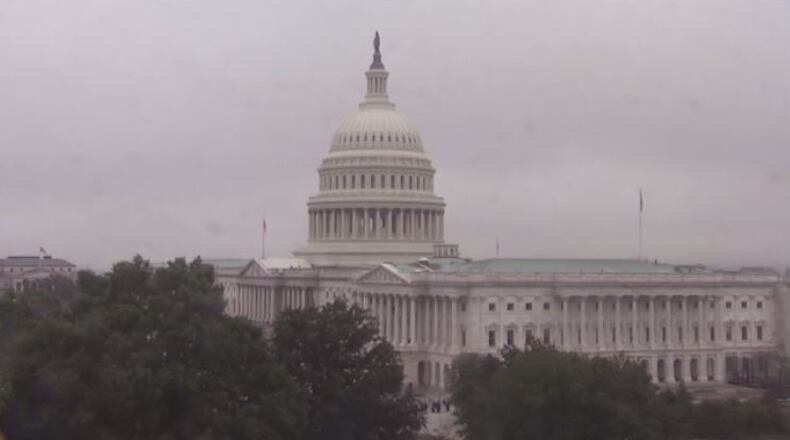Republicans in the Congress said Wednesday that they would take another small step forward later this month on the issue of tax reform legislation, as Speaker Paul Ryan promised to release an "outline" of GOP tax plans, setting the stage for committees in the House and Senate to then produce a bill, in what would be the first major tax changes since President Ronald Reagan joined with Congress to pass a sweeping reform in 1986.
"It's the beginning of a very important process to achieve for the first time in a generation overhauling the tax system, and giving middle class families a much deserved break," Ryan told reporters after a regular closed door meeting of House GOP lawmakers.
"On the week of September 25, there is going to be an outline that is released, which reflects the consensus of the tax writing committees - Ways and Means in the House, Finance in the Senate - and the administration," the Speaker added.
The announcement by the Speaker came as President Donald Trump met with a bipartisan group of Senators on Tuesday night, and a bipartisan group of House moderates on Wednesday afternoon, all part of a White House outreach effort to build support for tax reform.
"Through bipartisan outreach efforts like this, President Trump is demonstrating his commitment to fulfilling his promises, and that includes producing tangible results on important issues like tax reform," the White House said in a statement, labeling the meeting "highly productive."
"Move fast Congress!" the President said on Twitter.
So far, the only details released by the President on tax reform have been in a single page of bullet points - compare that to the 489 page submission that President Ronald Reagan made to the Congress in 1985 on tax reform, as it took another 16 months to enact a bill into law.
A number of hurdles remain in the way of tax reform in Congress:
+ The details. As reported above, there aren't many available as yet. "Tax reform" is a phrase that sounds great, but there would be real winners and losers if the effort gets rid of tax breaks for individuals and businesses.
+ The process. The White House still wants to use 'budget reconciliation' to get a tax reform bill through the Congress, in order to avoid a Senate filibuster. But, to do that, the House and Senate must approve a budget outline for 2018. Right now, GOP leaders don't have the votes for that.
+ The timeline. Speaker Ryan says he wants to get tax legislation done by the end of the year - but many lawmakers feel that could be overly optimistic, given the details, and the issues at stake.
About the Author
The Latest
Featured



